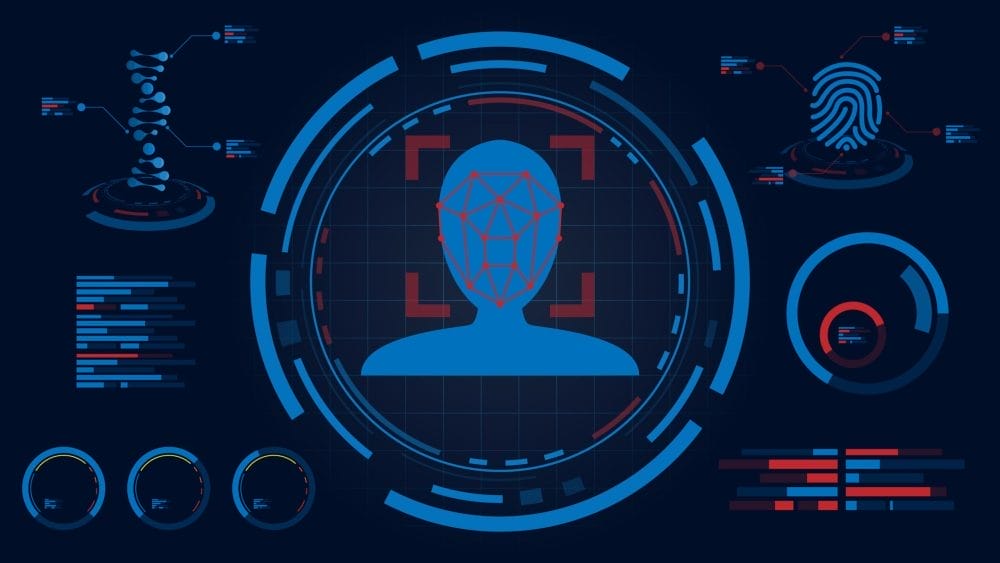It didn’t happen overnight. There were no dramatic announcements or sweeping public votes. Instead, privacy in American cities has eroded bit by bit, camera by camera, data point by data point.
What began as well-intentioned efforts to increase security and convenience have quietly grown into sprawling systems of surveillance. And now, without even realizing it, millions of Americans are being watched, tracked, and profiled every single day.
Surveillance Cameras on Every Corner
Modern city life now includes the quiet gaze of thousands of cameras. Whether mounted on traffic lights, attached to buildings, or embedded in public transportation, these devices are always on. Many are connected to real-time monitoring systems, allowing authorities to track movement across neighborhoods with astonishing accuracy. With artificial intelligence, they can identify faces, follow individuals, and even predict behavior. What was once a tool to solve crimes has become a system that watches everyone, all the time.
The Rise of Smart Cities and Silent Tracking
The push for “smart cities” has introduced a new level of data collection. From smart streetlights to Wi-Fi-connected trash cans, everyday urban infrastructure is now capable of harvesting data. Phones, cars, and even sneakers can ping networks, sharing information about location and habits without a person’s knowledge.
This data isn’t always anonymized, and often it’s shared or sold to third parties. Residents are becoming data points, their behaviors turned into analytics for profit and policing.
License Plate Readers and the Vanishing Car Chase
License Plate Recognition (LPR) technology has rapidly spread across the country. These readers track vehicles as they enter and exit neighborhoods, highways, parking garages, and even drive-thrus. They store the time, date, and location of every captured plate, creating detailed maps of drivers’ habits. Law enforcement and private companies alike can access this information, sometimes without a warrant. In many cities, it’s now impossible to drive anywhere without being silently logged.
Facial Recognition’s Quiet Expansion
Facial recognition technology has moved from airports and sports arenas into everyday life. Police departments, retail stores, and even schools now use facial scans to identify individuals. This raises major ethical and legal concerns, especially as studies show these systems can be inaccurate and biased. But despite public outcry and bans in a few places, the use of facial recognition continues to grow. The tech is faster than the laws meant to regulate it, leaving citizens vulnerable.
The Disappearance of Anonymity in Daily Life
It used to be possible to walk through a city anonymously, blending into the crowd. But with phones, watches, and other wearable devices constantly broadcasting signals, total anonymity is now rare. Public Wi-Fi, Bluetooth beacons, and mobile apps track individuals even when they’re not actively using their devices.
Every swipe, tap, and movement becomes part of a digital footprint that’s nearly impossible to erase. The more connected urban life becomes, the less private it gets.
Private Companies and the Data Gold Rush
Tech companies have quietly become some of the largest collectors of personal data. Many city governments now contract with private firms to provide services like surveillance, transportation analytics, and digital infrastructure. These firms often own the data they collect and face few regulations about how they use or sell it. This means that highly personal information about people’s movements, routines, and even social circles can be bought and sold like any other commodity. The relationship between cities and corporations has blurred the line between public safety and profit-driven spying.
Predictive Policing and Algorithmic Bias
Predictive policing tools use collected data to forecast where crimes might occur or who might commit them. These systems rely on historical crime data, which is often biased and incomplete. As a result, certain communities—especially communities of color—are unfairly targeted and over-policed. Instead of preventing crime, these tools can perpetuate discrimination and reinforce existing inequalities. Privacy is not the only casualty; fairness and justice are also under threat.
The Normalization of Surveillance Culture
People have become desensitized to being watched. Cameras in stores, microphones in voice assistants, and GPS in apps are now seen as normal parts of modern life. This normalization dulls public resistance to invasive practices, allowing surveillance to expand without protest. Young people especially, raised in a digital world, may never fully experience what true privacy feels like. As long as surveillance feels convenient or inevitable, it will continue to grow unchecked.
Resistance and Regulation Are Struggling to Keep Up
While there are growing calls for reform, regulation struggles to match the pace of technological innovation. Some cities have passed ordinances banning facial recognition or requiring transparency in data collection. But enforcement is patchy, and loopholes abound. Large tech companies often lobby against stricter regulations or simply ignore them. Until laws are strengthened and consistently applied, the erosion of privacy will only continue.
The Mental Toll of Constant Monitoring
Living under constant surveillance has psychological effects. Studies show it can increase anxiety, suppress dissent, and create a climate of distrust. When people know they’re being watched, they may alter their behavior, censor their opinions, or withdraw from public life. The mere presence of surveillance can shift the social fabric of a community. Privacy isn’t just a right—it’s essential for freedom of thought and expression.
A Crossroads for Urban America
American cities stand at a critical crossroads. They can continue down the path of ever-expanding surveillance, trading civil liberties for security and convenience. Or they can rethink their relationship with technology, prioritizing transparency, consent, and privacy. This won’t be an easy choice, especially with powerful interests pushing in the other direction. But if nothing changes, privacy as it once existed will vanish entirely from city life.
What do you think? Has privacy already died in American cities, or is there still time to reclaim it? Share your thoughts or experiences in the comments below—your voice matters in this growing debate.
Read More
How U.S. Schools Became the Next Surveillance Battleground
Is Your Home Security System Spying On You? 12 Ways To Find Out







